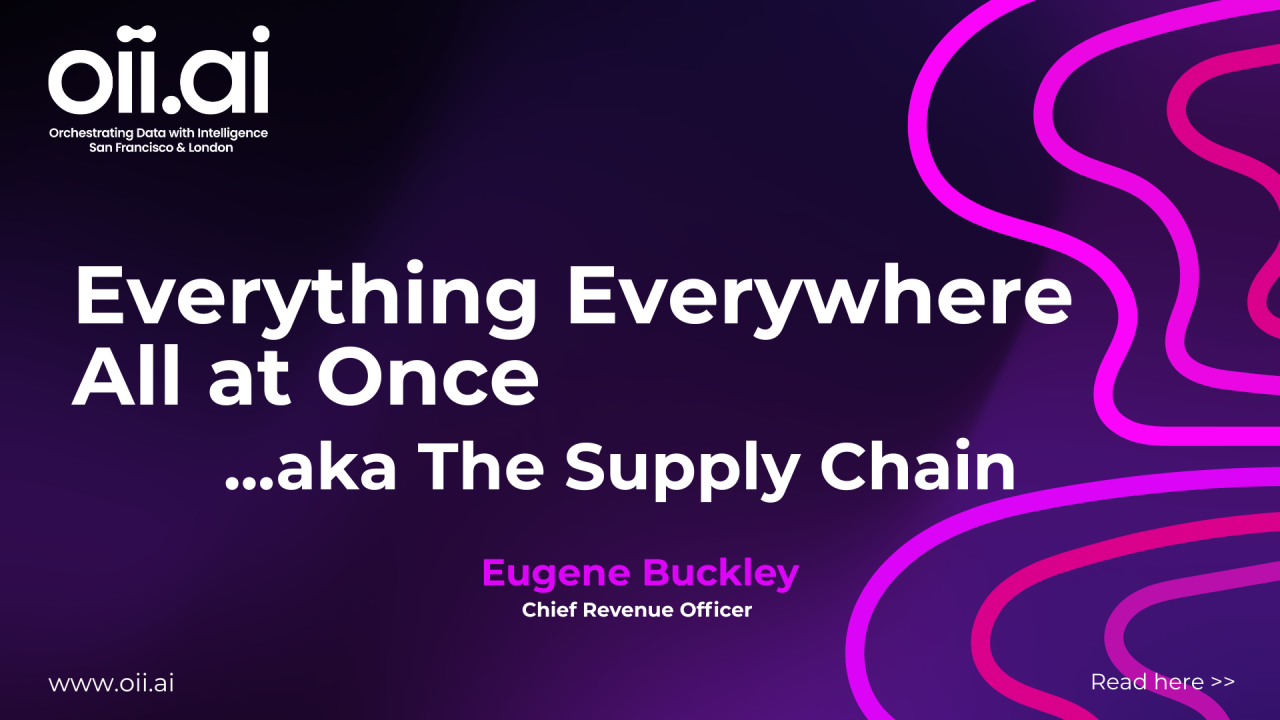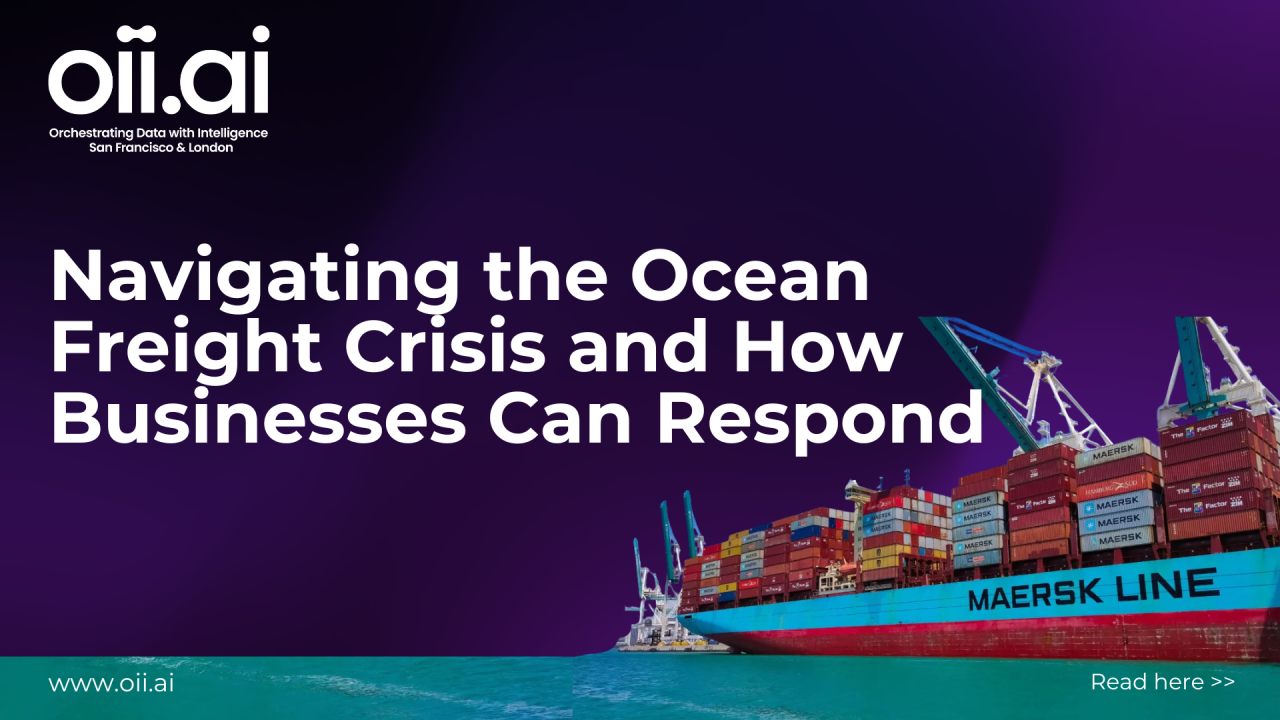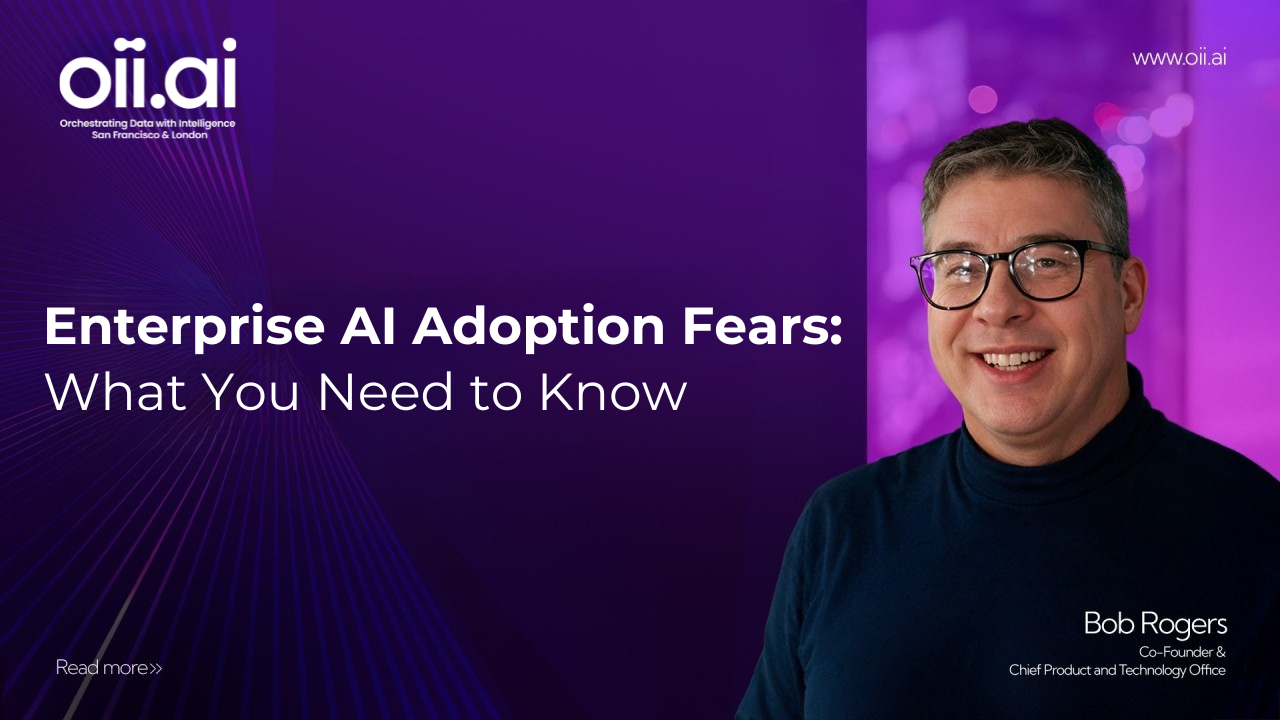1. What inspired you to move into sustainability and ESG-focused work?
"I had this notion for some time that business world activity is becoming increasingly detached with the very surrounding in which it operates. We do not consider consciously the costs, short term and long term, that we incur on the very systems that create the enabling environment for business success. The link between impact and business growth / profit is broken.
Separately, I have always been engaged in my spare times volunteering for activities making positive impact on nature and social side of society.
Then over the recent past, climate crisis and sustainability started becoming more than a talking point in corporates and moved into product development in this space. At that point, it was really a no brainer decision to make this transition more formally in my day to do."
2. What is one mindset or habit from your time at Citi that you still rely on in your role at a fast-paced AI startup?
"Being creative yet structured. Start with client pain point but do not be limited by it. Solve for big problems but be open to possibility of discovering new value adds and hitting jackpots. While doing this, always keep a framework handy that presents your proposition like a story easily to tell and understand."
3. You have navigated both fintech innovation and corporate banking. What is the biggest cultural difference between the two worlds?
"Speed of Decision Making about new initiatives. It is faster in fintech and is tied to the appetite for experimenting, higher level of urgency, less people involved in making that decision and incentives supporting new ideas and execution."
4. What is one underrated skill that has helped you succeed across finance, tech, and sustainability?
"Pattern recognition and asking right questions. With more data available to us, we must be able to ask better questions to get us to the level of intelligence that does not merely meets our requirement but adds a WoW factor due to its novelty, richness and value. Our ability to connect dots between processes and activities allows us to be more imaginative and ask better questions."
5. If you could go back and give your younger self one piece of career advice, what would it be?
"Network of Mentors. Make conscious effort to find great mentors at every stage of your career, nurture your relationships with them and actively seek their insights. It will surprise you how deep and long term an impact they can have on your trajectory."
6. What is one thing clients always underestimate about implementing AI in supply chains?
"Internal communication. Successful AI application in business supply chain tends to be an intensely collaborative effort across business lines, departments, geographies. Even departmental objectives can vary from one to another.
Having clear communication on the purpose and implementation of journey along with roles, responsibilities, team objectives, individual objectives and rewards is critical and yet not obvious at the start in many cases."
7. What is the biggest challenge companies face in turning sustainability goals into measurable business value?
"Lack of readily available, relevant and credible data and widely accepted benchmarks is the biggest challenge. If we have more of that, it will make it easier to build cases for approvals internally as we would be able to demonstrate clearly a measurable value. That will make ROI related discussion easier which are challenging sometime for sustainability initiatives."
8. What is one sustainability question companies should be asking about their supply chains but usually don’t?
"Is there a merit in collaborating with competition in certain geographies or business lines? For example, what if joining hands with peer companies help transform suppliers faster in a certain geography. It can potentially open possibilities of better funding opportunities for suppliers and new sustainable infrastructure in specific markets."
9. In five years, what is something companies will expect from AI-powered supply chains that they don’t even think about today?
"Pervasive use of outward facing supply chain AI agents managing complex decisions on the go in the face of more frequent disruptions. Companies would expect that entire end of end of supply chains (from raw material to the last mile consumer) will be operating in a way that any change in one place will quickly enable a decision for change at the other end.
This is a lot of complexity that is handled in a more reactive and time-consuming way today and ability of AI agents and more cyber secure arrangements will enable systems of different supply chain participants talk to each other in a smooth flow."
10. If you could invite anyone, dead or alive to a private dinner party, who would it be?
"Nelson Mandela. In these more disruptive times, more than ever before, we need inspiration from icons that led transformative change with sheer focus and conviction of purpose."






